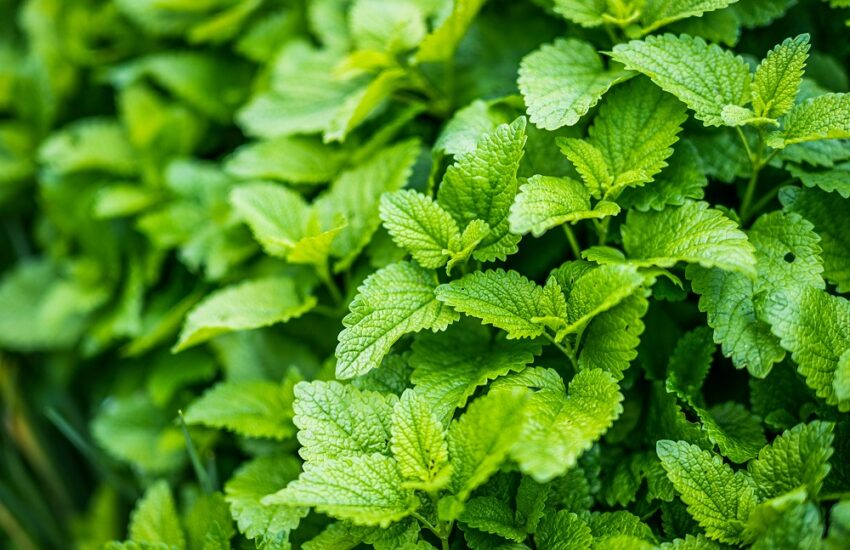Here’s a detailed overview of 15 Mosquito Repellent Plants suggested by Mohit Tandon from Burr Ridge. Each plant is described with its key attributes, growing conditions, and additional benefits.
1. Citronella (Cymbopogon nardus)
Overview: Citronella is one of the most well-known mosquito-repellent plants. Its strong, lemony scent is effective at repelling mosquitoes and other insects. The plant contains citronella oil, which is commonly used in insect repellent products.
Repellent Properties: Firstly, The essential oil extracted from citronella leaves contains compounds like citronellal and geraniol, which are known to repel mosquitoes by masking attractive scents or interfering with their sensory mechanisms.
Growing Conditions: Citronella thrives in warm climates with plenty of sunlight. It requires well-drained soil and regular watering to maintain its growth and effectiveness. It can be grown in pots or directly in the garden.
Additional Benefits: Citronella plants also have antimicrobial properties and can be used to freshen up spaces. They are often used in combination with other natural repellents.
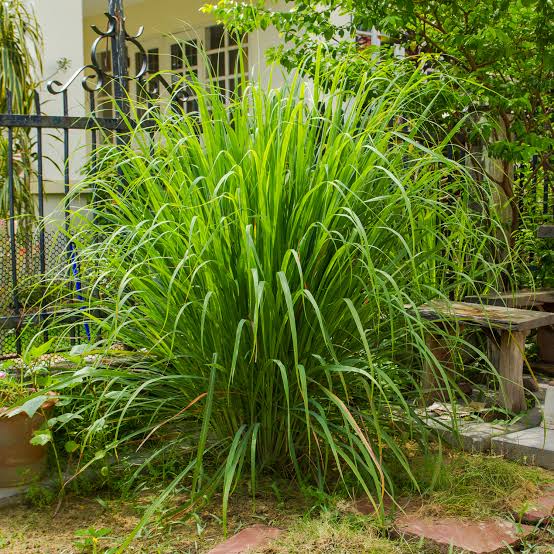
2. Lavender (Lavandula spp.)
Overview: Lavender is not only a fragrant addition to gardens but also an effective mosquito repellent. Its strong scent is disliked by mosquitoes, making it a popular choice for natural pest control.
Repellent Properties: Secondly, Lavender contains linalool and linalyl acetate, compounds that are known to repel mosquitoes and other insects. The scent disrupts the mosquitoes’ ability to locate hosts.
Growing Conditions: Lavender prefers full sun and well-drained soil. It is drought-tolerant and needs minimal watering once established. Lavender can be grown in garden beds or containers.
Additional Benefits: In addition to repelling mosquitoes, lavender can be used for its calming effects and in various culinary and medicinal applications. It is also an attractive plant with beautiful purple flowers.

3. Marigold (Tagetes spp.)
Overview: Marigolds are vibrant, colorful flowers that are also effective at repelling mosquitoes. They contain compounds that mosquitoes find repulsive.
Repellent Properties: Marigolds emit a scent that is unpleasant to mosquitoes. The compounds in marigold petals, such as pyrethrum, are used in some commercial insect repellents.
Growing Conditions: Marigolds are easy to grow and thrive in full sun and well-drained soil. They are hardy plants that can be grown in both garden beds and containers. – Mohit Tandon Burr Ridge
Additional Benefits: Marigolds are known for their pest-repelling properties beyond mosquitoes, including aphids and nematodes. They also add vibrant colors to gardens and can be used in companion planting.

4. Basil (Ocimum basilicum)
Overview: Basil is a culinary herb that doubles as a mosquito repellent. The strong scent of basil can deter mosquitoes and other flying insects.
Repellent Properties: Basil contains essential oils such as eugenol and linalool, which are effective in repelling mosquitoes. The scent can mask the odors that attract mosquitoes.
Growing Conditions: Basil thrives in warm, sunny conditions with well-drained soil. It requires regular watering and benefits from frequent harvesting to promote new growth.
Additional Benefits: Basil is a versatile herb used in cooking, particularly in Italian cuisine. It also has medicinal properties and can be used to make herbal teas.

5. Catnip (Nepeta cataria)
Overview: Catnip is well-known for its effect on cats, but it also serves as an effective mosquito repellent. The plant’s active compound, nepetalactone, is a natural insect repellent.
Repellent Properties: Nepetalactone, found in catnip, is highly effective at repelling mosquitoes and is often more potent than DEET, the chemical used in many commercial repellents.
Growing Conditions: Catnip grows well in full sun and well-drained soil. It is a hardy plant that can be grown in garden beds or containers and is relatively low-maintenance. – Mohit Tandon Burr Ridge
Additional Benefits: Beyond repelling mosquitoes, catnip can be used to attract beneficial insects like bees and butterflies. It also has calming effects on cats and can be used in herbal remedies.
6. Rosemary (Rosmarinus officinalis)
Overview: Rosemary is an aromatic herb that also acts as a mosquito repellent. Its strong fragrance is disliked by mosquitoes and can help keep them at bay.
Repellent Properties: Rosemary contains essential oils such as camphor and rosmarinic acid, which are known to repel mosquitoes. The scent disrupts the insects’ sensory systems.
Growing Conditions: Rosemary prefers full sun and well-drained soil. It is drought-tolerant and requires minimal watering once established. It can be grown in garden beds or pots.
Additional Benefits: Rosemary is a popular culinary herb used in a variety of dishes. It also has medicinal properties and is used in aromatherapy and home remedies.
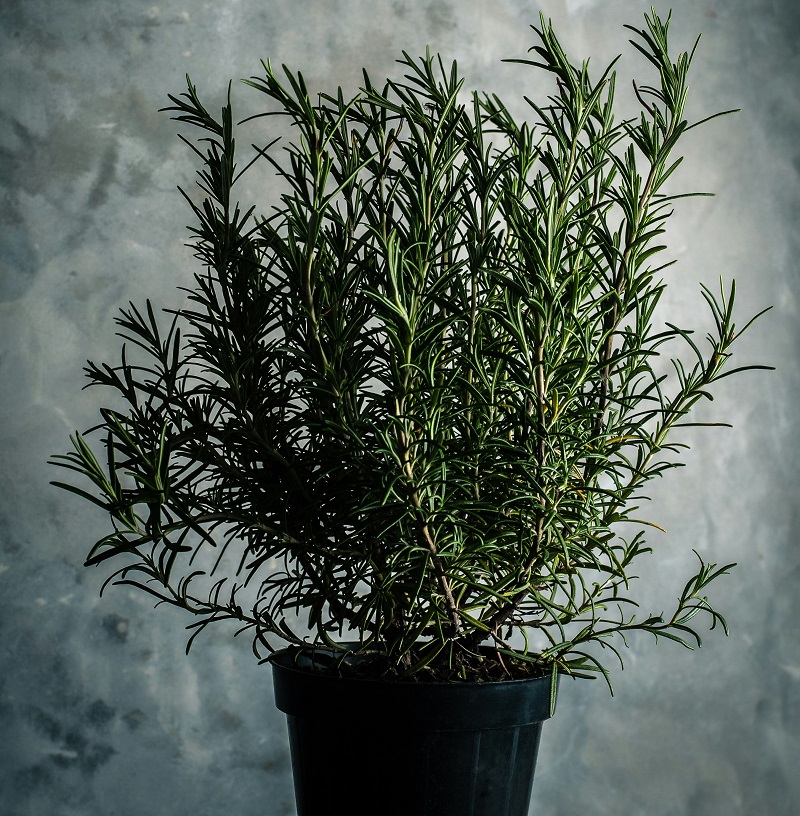
7. Lemon Balm (Melissa officinalis)
Overview: Lemon balm is a fragrant herb that has mosquito-repellent properties. Its lemony scent is effective at keeping mosquitoes and other pests away.
Repellent Properties: Especially, Lemon balm contains citronellal, a compound similar to that found in citronella, which is known to repel mosquitoes. The scent interferes with mosquitoes’ ability to detect hosts.
Growing Conditions: Lemon balm grows well in full sun to partial shade and prefers moist, well-drained soil. It is a hardy herb that can be grown in gardens or containers.
Additional Benefits: Lemon balm is used in herbal teas and for its calming effects. It also has antiviral properties and can be used in various culinary applications.
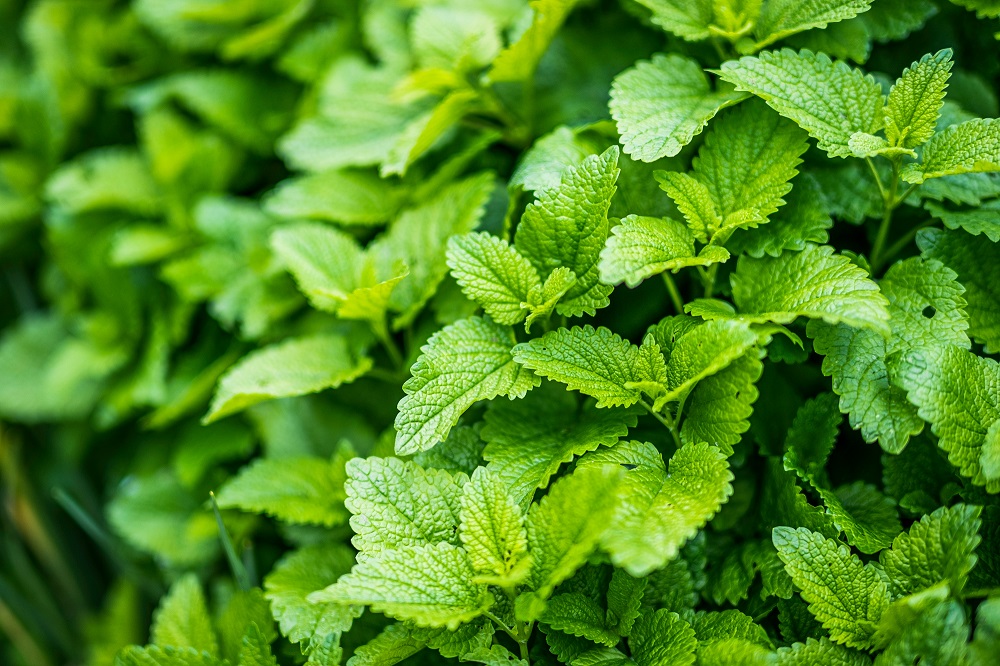
8. Peppermint (Mentha × piperita)
Overview: Peppermint is a versatile herb that acts as a mosquito repellent. Its strong, minty aroma repels mosquitoes and other insects.
Repellent Properties: Peppermint contains menthol, which is effective at repelling mosquitoes. The scent masks the smells that attract mosquitoes and disrupts their sensory receptors.
Growing Conditions: Peppermint thrives in partial shade and moist, well-drained soil. It is a vigorous grower and can spread quickly, so it is often grown in containers to control its spread. – Mohit Tandon Burr Ridge
Additional Benefits: Peppermint is commonly used in cooking and for its digestive benefits. It also has soothing properties and can be used in essential oils and teas.
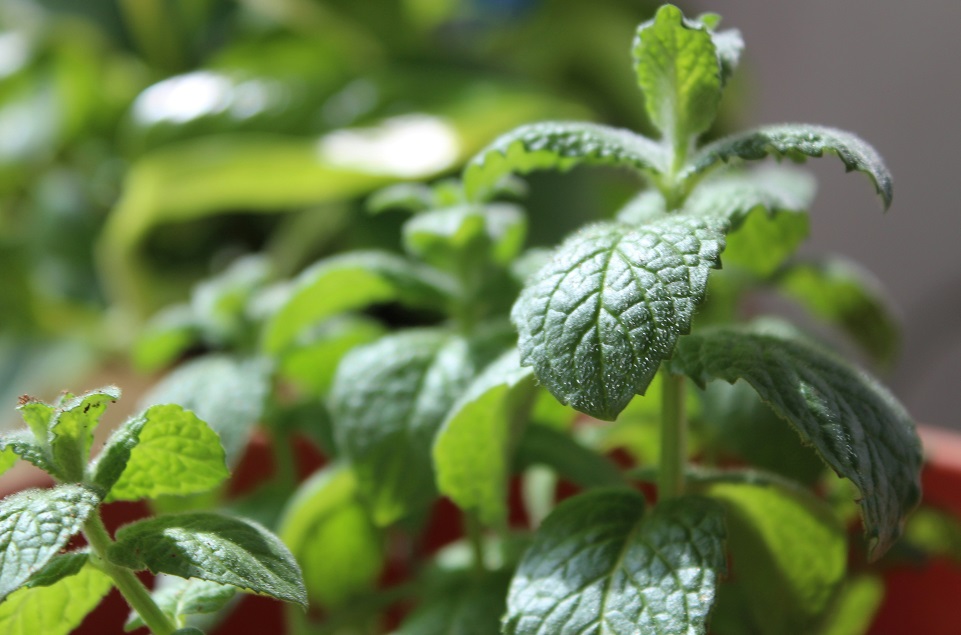
9. Sage (Salvia officinalis)
Overview: Sage is an aromatic herb with mosquito-repelling properties. Its strong scent is effective at deterring mosquitoes and other pests.
Repellent Properties: Sage contains compounds such as thujone and camphor, which repel mosquitoes. The scent masks attractive odors and disrupts mosquitoes’ sensory systems.
Growing Conditions: Sage prefers full sun and well-drained soil. It is drought-tolerant and low-maintenance, making it suitable for gardens or containers.
Additional Benefits: Sage is used in cooking and has medicinal properties. It is known for its antioxidant and anti-inflammatory effects and can be used in herbal remedies.
10. Allium (Allium giganteum)
Overview: Allium, particularly garlic and chives, can act as natural mosquito repellents. The strong odor of these plants deters mosquitoes.
Repellent Properties: The sulfur compounds in garlic and chives, such as allicin, are effective at repelling mosquitoes. The scent masks attractive odors and can keep pests at bay.
Growing Conditions: Alliums thrive in full sun and well-drained soil. They are relatively easy to grow and can be planted in garden beds or containers.
Additional Benefits: Alliums are commonly used in cooking and have various health benefits. Garlic is known for its antimicrobial properties, while chives add flavor to dishes.
11. Eucalyptus (Eucalyptus spp.)
Overview: Eucalyptus is a large genus of plants known for its aromatic leaves. The scent of eucalyptus is a natural repellent for mosquitoes and other insects.
Repellent Properties: Eucalyptus contains cineole and citronellal, compounds that are effective at repelling mosquitoes. The strong aroma disrupts mosquitoes’ sensory perception.
Growing Conditions: Eucalyptus trees and shrubs prefer full sun and well-drained soil. They are suitable for warmer climates and can grow quite large, making them ideal for large gardens or landscapes.
Additional Benefits: Eucalyptus has medicinal properties and is used in essential oils and cough remedies. It also provides a pleasant aroma and can be used in landscaping for its aesthetic appeal.
12. Geranium (Pelargonium spp.)
Overview: Geraniums, particularly those with citronella-scented varieties, are effective mosquito repellents. Their fragrant leaves and flowers help keep mosquitoes away.
Repellent Properties: The citronella-scented geranium varieties contain compounds that repel mosquitoes. The scent masks attractive odors and disrupts mosquitoes’ sensory mechanisms.
Growing Conditions: Geraniums thrive in full sun and well-drained soil. They are versatile plants that can be grown in garden beds, containers, or hanging baskets.
Additional Benefits: Geraniums are valued for their ornamental qualities and can add color and fragrance to gardens. They are also used in essential oils and aromatherapy.
13. Lemongrass (Cymbopogon citratus)
Overview: Lemongrass is a tropical plant known for its strong lemon scent, which is effective at repelling mosquitoes. It is commonly used in cooking and as a natural insect repellent.
Repellent Properties: Lemongrass contains citronella and other compounds that repel mosquitoes. The strong lemony aroma is disliked by mosquitoes and helps keep them away.
Growing Conditions: Lemongrass prefers warm, sunny environments and well-drained soil. It is well-suited for tropical and subtropical climates and can be grown in pots or garden beds.
Additional Benefits: Lemongrass is used in cooking for its citrus flavor and has medicinal properties. It is also used in teas and essential oils for its soothing effects.
14. Neem (Azadirachta indica)
Overview: Neem is a versatile plant with a range of applications, including its use as a mosquito repellent. The leaves and oil of neem are effective at deterring mosquitoes.
Repellent Properties: Neem contains azadirachtin, a compound that repels mosquitoes and disrupts their life cycle. The oil is commonly used in natural insect repellent products.
Growing Conditions: Neem trees thrive in warm, sunny climates with well-drained soil. They are drought-tolerant and can be grown in gardens or as shade trees in tropical regions.
Additional Benefits: Neem has a variety of medicinal uses and is known for its antimicrobial and anti-inflammatory properties. It is used in traditional medicine and skincare products.
15. Pennyroyal (Mentha pulegium)
Overview: Pennyroyal is a member of the mint family and is known for its strong odor, which repels mosquitoes. It is used both as a plant and in essential oil form.
Repellent Properties: Pennyroyal contains pulegone, a compound that is effective at repelling mosquitoes. The strong minty aroma disrupts mosquitoes’ sensory systems and keeps them away.
Growing Conditions: Pennyroyal prefers full sun to partial shade and well-drained soil. It can be grown in garden beds or containers and is known for its vigorous growth.
Additional Benefits: Pennyroyal has traditional uses in herbal medicine and pest control. However, it should be used with caution, as high concentrations can be toxic if ingested.
These 15 plants offer natural and effective ways to repel mosquitoes while providing additional benefits such as culinary uses, medicinal properties, and ornamental value. Incorporating these plants into your garden or home can help create a more comfortable and pest-free environment.
